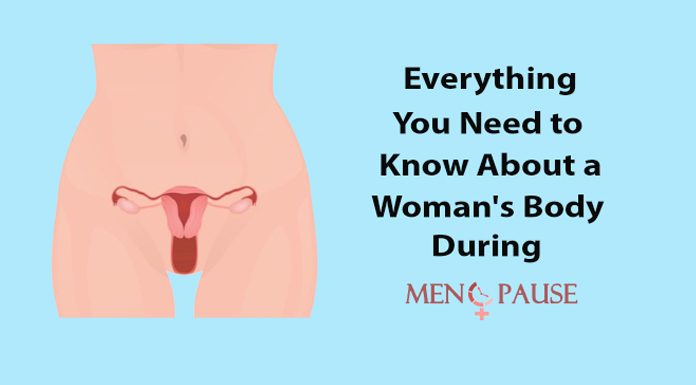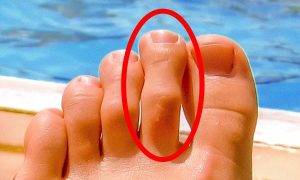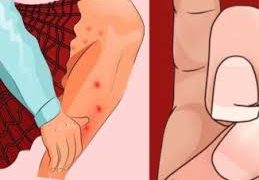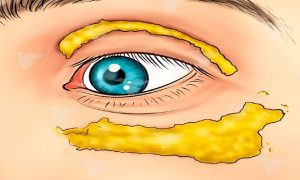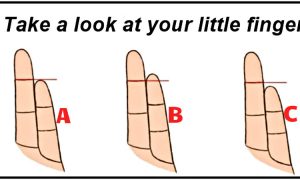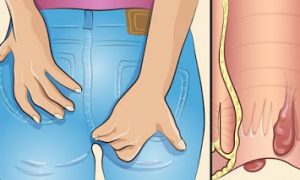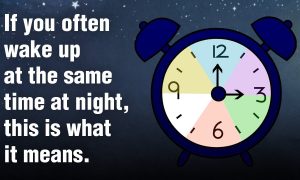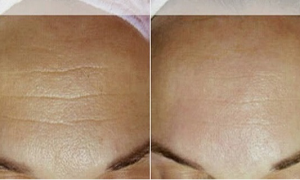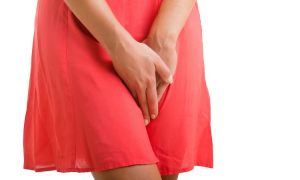
When a woman’s body hits menopause, things that have never happened before start happening and while these changes might stress women out, they are actually as normal as they can be. There is actually no strict pattern of symptoms that every woman feels and it is always variable, depending upon numerous factors in a woman’s body.
If you do not know what menopause means, allow me to be of assistance. Menopause basically means that the time has come to say goodbye to your period and your hormones by at least 15%. All of this sounds like a pretty big deal because it kind of is- which is why the symptoms can be observed before a woman effectively goes into menopause and after she is well into it.
Let us talk about what happens before menopause.
The period before menopause is known as the pre-menopause and it comes with its own bag of symptoms. It is the time when your estrogen levels first begin to fall and you may experience symptoms like: pretty intense mood swings, pain during coitus, dryness in your vagina, hot flashes (which is essentially a feeling of a hot wave running through your body).
You might also face some issues when you are trying to fall asleep and you might also feel the need to run to the bathroom more often, because you always have to pee! Your mood swings might make you ill-dispositioned as well, so look out for that. Now, though the pre-menopause is a ringing bell for your periods to end forever, it is not your menopause yet. It means that you might still get your period l although it will be infrequent and irregular and most importantly, you can still get pregnant so do not do away with protection.
With that out of the way, it is time to talk about what happens when you go into menopause. You know you have definitely, for sure, hit menopause when you do not get your period for more than a year, (this does not apply to women who have not reached the age, so to say, so if you haven’t had your period in a year, and you don’t think it is time for the big M yet, see a gynecologist).
Menopause basically means two things: no periods and a huge fall in your hormones, which ultimately means that one cannot get pregnant anymore. There might be a few other symptoms like you losing your hair, gaining some weight, finding it hard to focus and keep your attention in one place, a turbulent libido, and a little body ache here and there. Doctors say that women, on average, enter menopause at around 51 years of age.
When you have gone into menopause, the time after that comes after it is called the post-menopause. There is a significant fall in all your hormones and this can cause significant health risks, like joint pain, osteoporosis and so on. The key is to take good care of yourself!
Being a woman is a lot, but it sure is fascinating!


